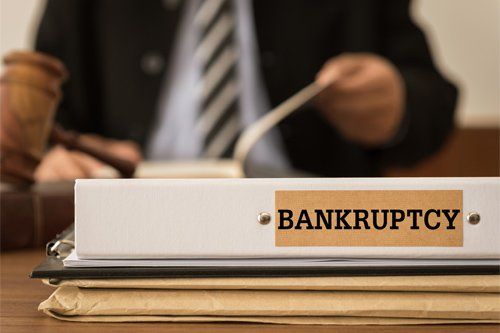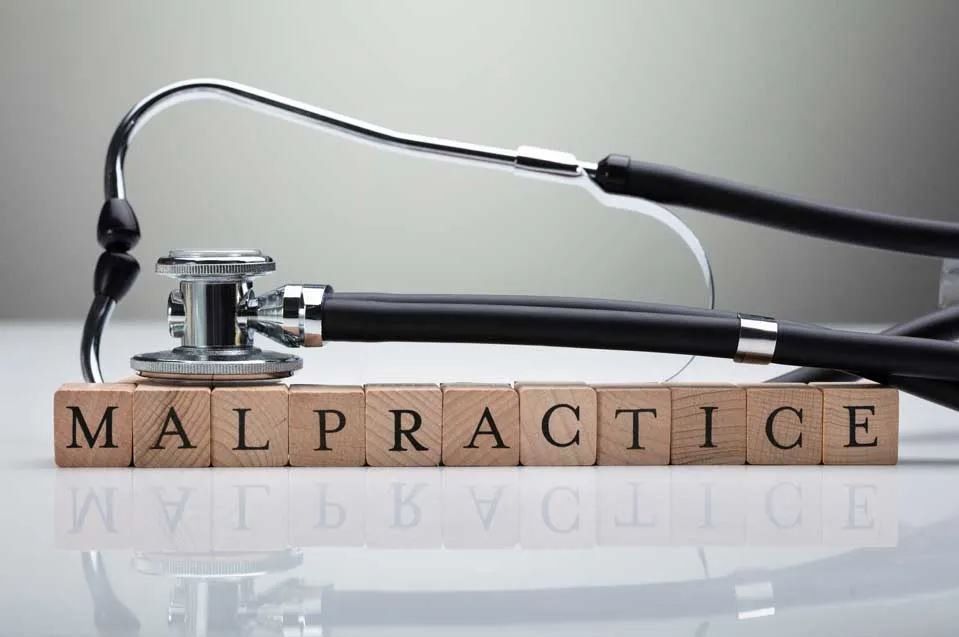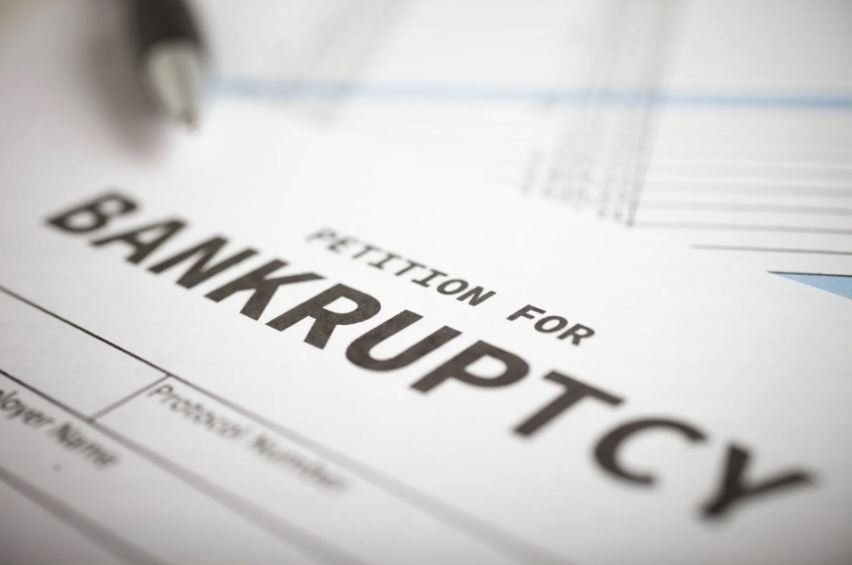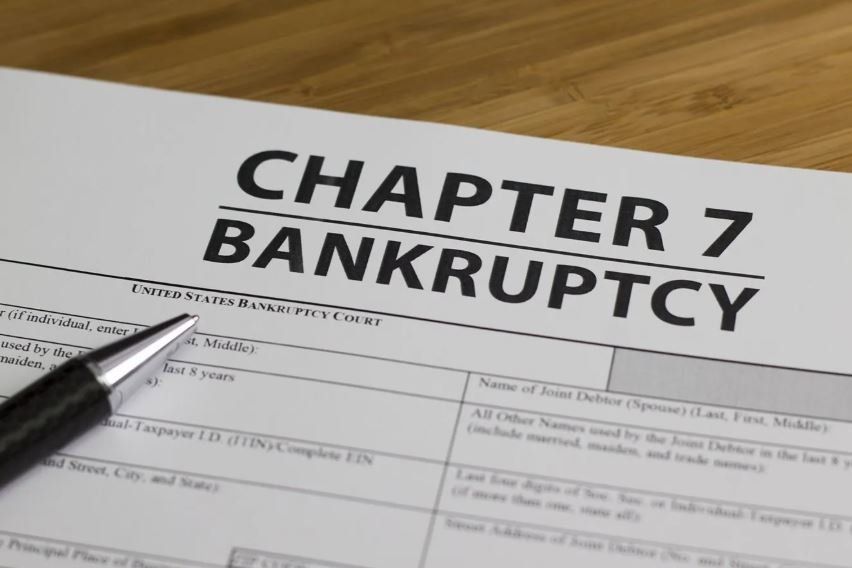Foreclosure and Bankruptcy: Frequently Asked Questions
Admin • July 15, 2018

In the United States, it's estimated that around 250,000 households
enter the foreclosure process every three months. Facing foreclosure is scary, and many Americans are struggling to find ways to keep their family's home. If you’re in this situation, then filing for bankruptcy may be the best option.
However, before you decide to make this decision, it's important to understand the process of saving your home by filing for bankruptcy. This guide answers a few frequently asked questions you might have about foreclosure and bankruptcy.
What Is the Foreclosure Process in Alabama?
Many mistakenly believe that if your house is placed in foreclosure, you will be expected to leave immediately. In reality, the foreclosure process is lengthy and differs from state to state. In Alabama, some of the foreclosure laws include:
- Default letter. According to Alabama law, a homeowner’s payment must be at least 120 days overdue before the lender sends a default letter. This letter states the amount the owner owes and how long the homeowner has to repay the mortgage, which is typically one month.
- Judicial or nonjudicial foreclosure. If the foreclosure continues, then it will be either judicial or nonjudicial. Typically, mortgage companies will choose a nonjudicial foreclosure, which means the courts will not be involved.
- Reinstatement laws. According to Alabama law, homeowners cannot reinstate their mortgage to stop the foreclosure proceedings. Once the foreclosure is underway, and if the lender will not work out a payment plan or loan modification, then the process will continue.
- Redemption laws. Once the property is sold at a foreclosure auction, the previous homeowner has 180 days to buy back the property from the new owner. This includes the price of the house and property taxes.
The foreclosure process can take months to complete and can be very confusing for the average homeowner. For this reason, it’s wise to hire an attorney to help you declare bankruptcy.
How Can Bankruptcy Help Me Retain My Home?
If you've been given a default letter and you cannot pay back the mortgage payments, or the lender is not willing to modify the loan or provide you a payment plan, then filing for Chapter 13 bankruptcy can help you prevent or delay the foreclosure. When a homeowner's Chapter 13 bankruptcy plan is filed, an automatic stay protects them.
The automatic stay protects the homeowner while they work with the court to create a repayment plan. Depending on the homeowner's debt and income, the plan will take either three years or five years to complete, during which the homeowner will pay back the amount. Typically, the mortgage payments are included in the bankruptcy repayment plan.
To stop the foreclosure process, the homeowner must complete their repayment plan, and they must continue to pay their mortgage every month. If either of these conditions is not met, then the lender can continue the foreclosure process.
Foreclosure protections under Chapter 7 are different. The automatic stay will temporarily halt the foreclosure. However, because the Chapter 7 process takes only a few months, it does not give time for the homeowner to catch up on their payments. If there is any equity in the home and the equity is not protected, then the bankruptcy trustee can sell the home to pay off the other creditors.
Where Do I Begin?
If you're facing foreclosure, then begin by working with your mortgage lender. The lender might be willing to create a repayment plan or modify the loan. If this method does not work, then filing for Chapter 13 bankruptcy is another option. Talk with a bankruptcy attorney to determine your ability to file for Chapter 13, and the steps you will need to take to protect your family home. Facing foreclosure can be scary, but there are things you can do to save your home. If you have any further questions, contact William C. Poole, LLC.
Malpractice during pregnancy can be devastating. William C. Poole helps families seek justice and understand their legal options. Contact us today for compassionate guidance and dedicated support.
William C. Poole clarifies the legal eviction rules for landlords and tenants. We’re committed to helping you navigate your legal challenges—reach out today.
Worried about investments during bankruptcy? William C. Poole explains your options and helps you protect what matters most. Get clear answers and trusted legal guidance—call today.
Understand the impact of bankruptcy with guidance from William C. Poole. We help clients make informed financial and legal decisions for a stronger future. Call today to discuss your options.





